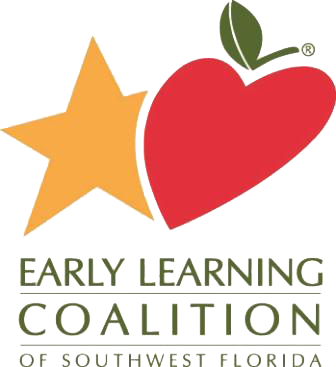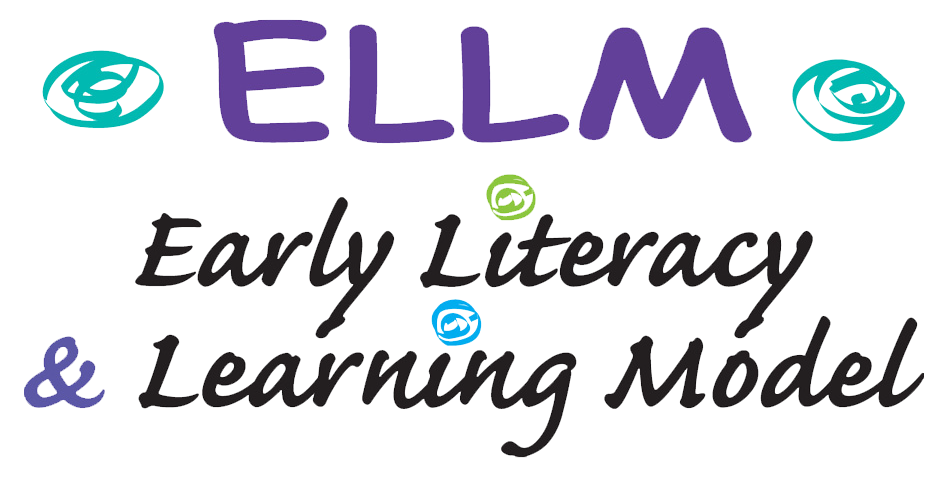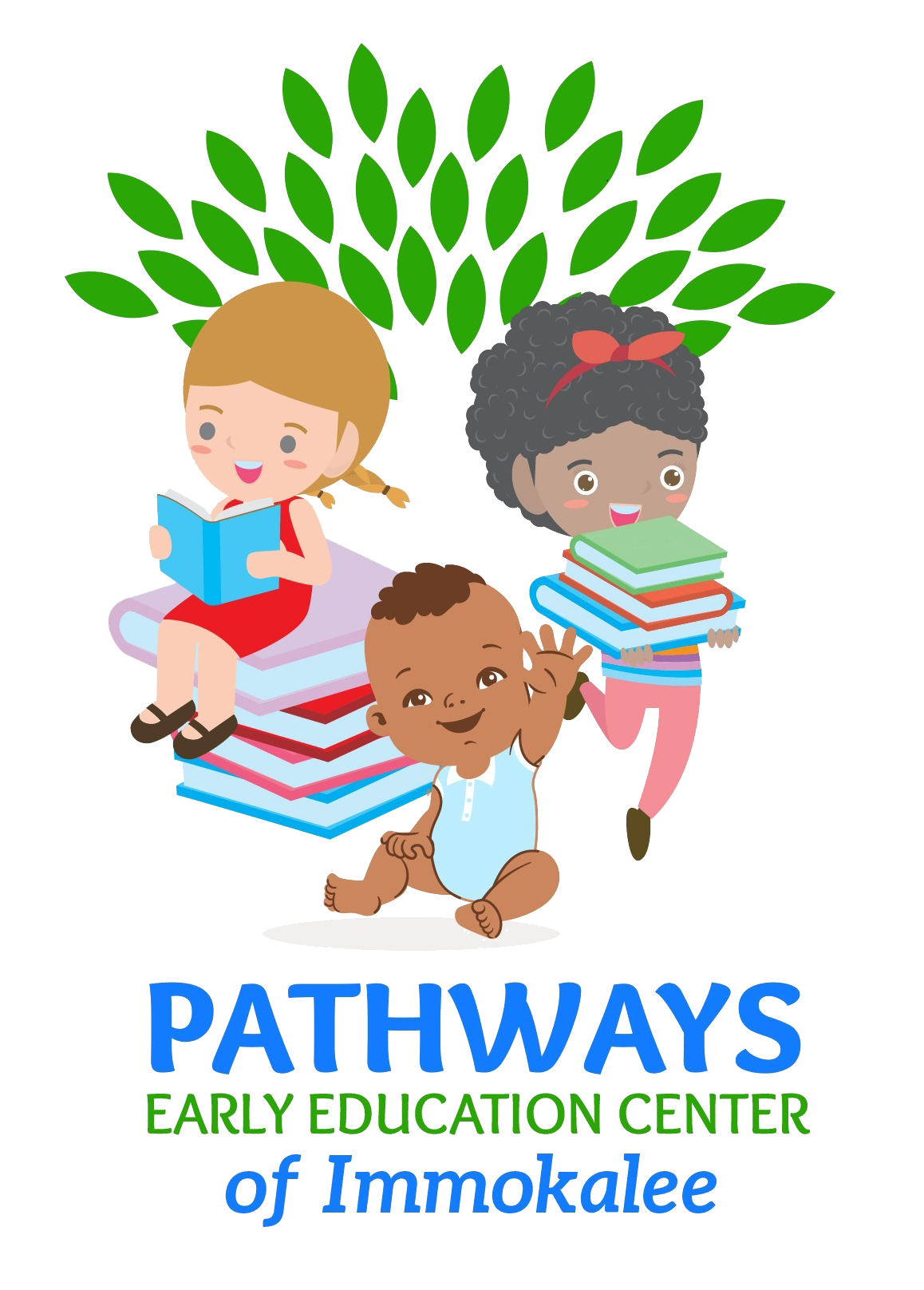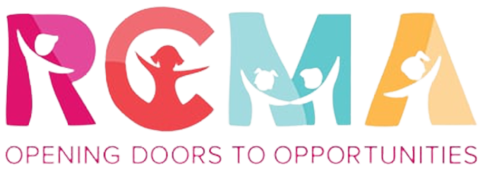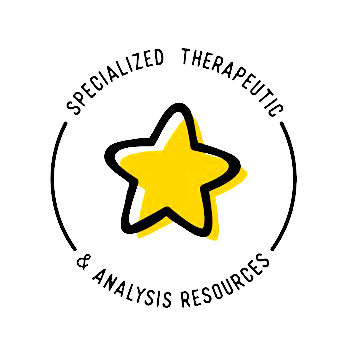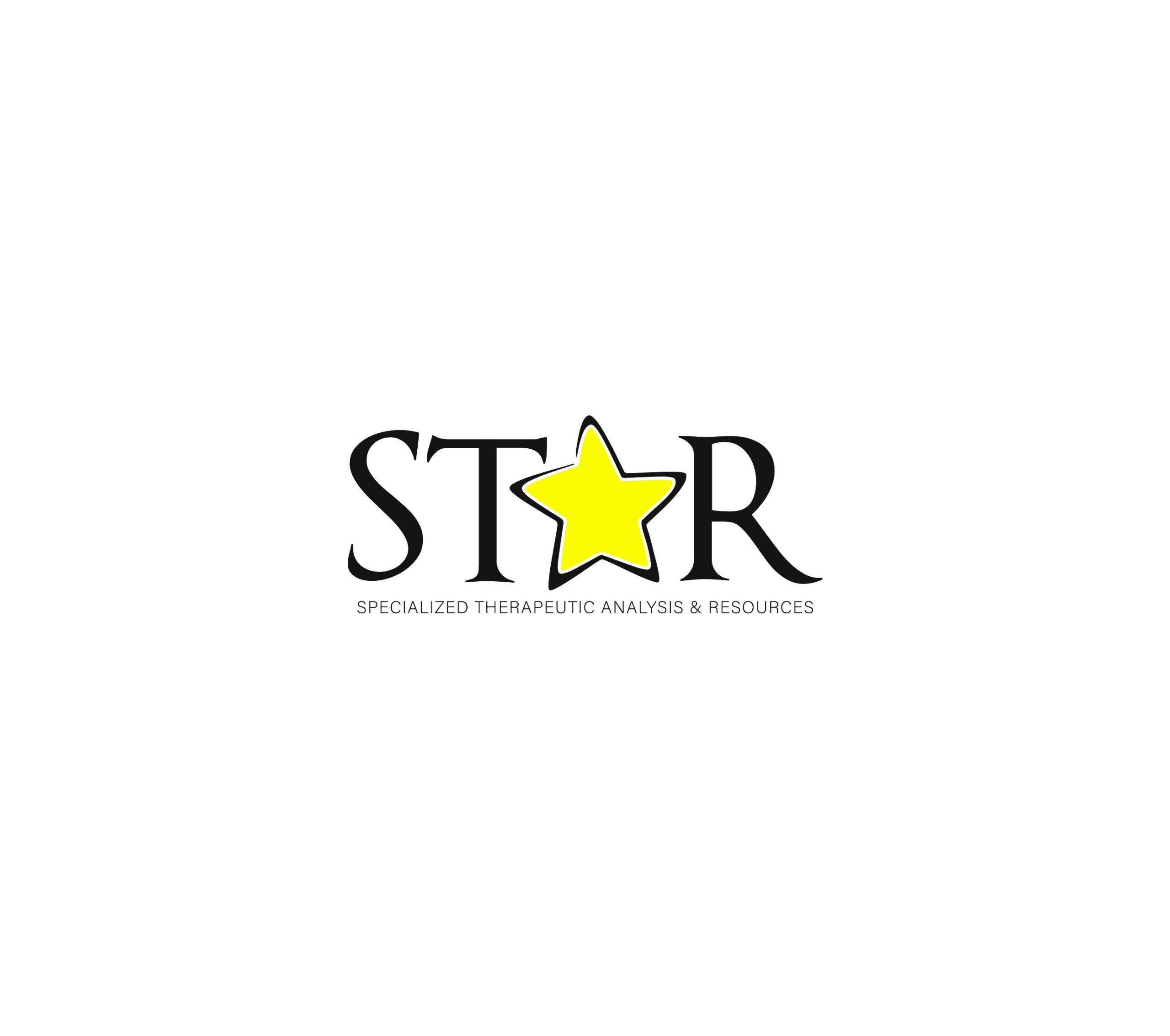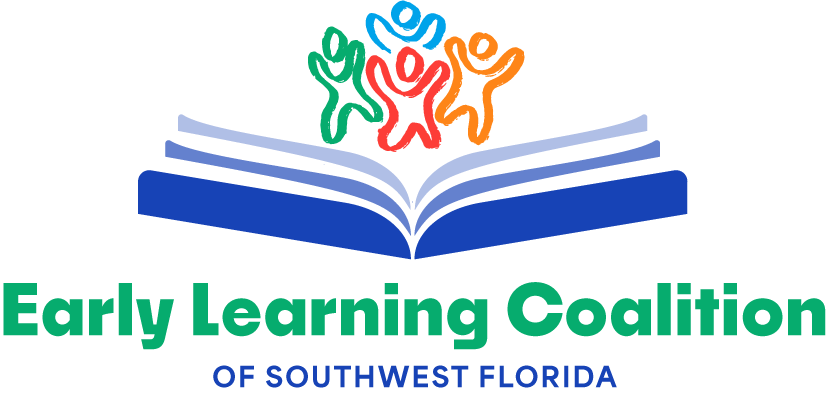1Early Learning

This multi-faceted strategic initiative for children from birth to 5 years old enhances teacher quality, access and affordability of education-focused care – components that research deems deficient in Collier County.

Communities where all children enter kindergarten ready to learn are best positioned to thrive in the 21st century. Expert panels determined kindergarten readiness is more than just knowing ABCs and 123s. It is about developing the whole child, including what it takes to promote social and emotional growth so that our youth cannot only read, write and computer but work well with others, have their curiosity engaged and develop creative problem-solving skills — all of which are necessary for success in the 21st century workforce.

Since inception in 2008, nearly 50,000 children have been educated through high-quality programs, leading to 65% of kindergartners who attended Voluntary Prekindergarten (VPK) deemed “Ready for Kindergarten” in 2023.

NCEF's Contribution to the Solution

Children’s Early Learning
The goal of the children’s Early Learning Initiative is to increase access to high-quality early childhood education for at-risk children while supporting supplemental services.
ABLE Academy’s Specialized Therapeutic and Analysis Resources (STAR) Initiative empowers at-risk children in Collier County’s early learning centers by providing behavioral health assessment, therapy, education and support to enhance appropriate behaviors, language, academic skills and family stabilization.
Early childhood education is important as research identifies the development that occurs between birth and age five is critical for establishing academic skills like literacy and math but also influences social and emotional competence and overall health. In rural and low-income communities particularly, such as Immokalee, families struggle to afford and access high-quality early learning programs. These children, younger than age 6, are set up for failure prior to even entering school.
In 2022, 75% of 4 year olds were not participating in Voluntary Prekindergarten programs.
NCEF’s efforts focus on enhancing teacher quality, increasing capacity, affordability, access and quality of early childhood educational care.
ABLE Academy’s Specialized Therapeutic and Analysis Resources (STAR) Initiative empowers at-risk children in Collier County’s early learning centers by providing behavioral health assessment, therapy, education and support to enhance appropriate behaviors, language, academic skills and family stabilization.
NCEF recognizes that Kindergarten readiness is more than just knowing ABCs and 123s.
A well-educated and caring staff, high program standards and an evidence-based curriculum based on a child’s developmental needs are among the most important components of a high-quality early learning environment.
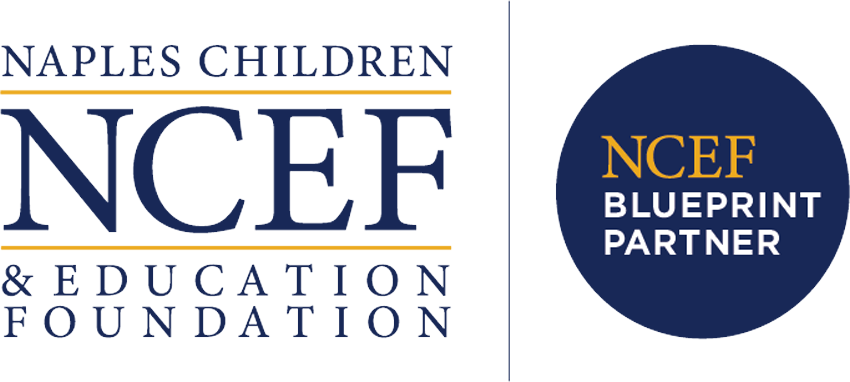
We are proud to collaborate with esteemed organizations that exemplify the highest efficacy standards.
Our Blueprint Partners include ABLE Academy, Early Learning Coalition of SWFL, Florida Gulf Coast University (ELLM), Guadalupe Center, Pathways Early Education Center of Immokalee and Redlands Christian Migrant Association (RCMA). Together, we are committed to implementing groundbreaking and high-quality early learning programs that close education gaps.
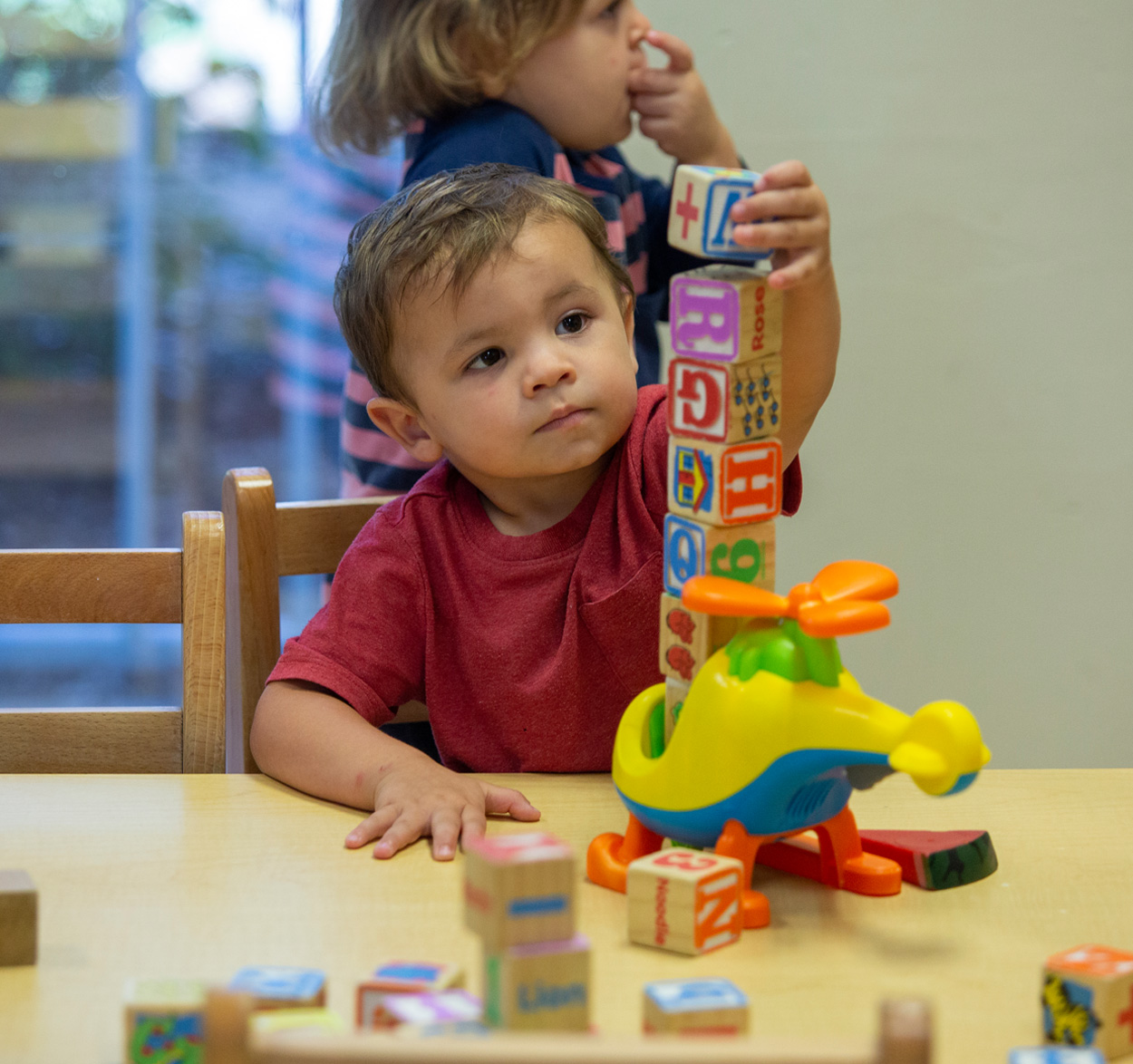
Help Move Our Mission Forward
We encourage you to take an active role in supporting high-quality early learning. You can start by spreading awareness of the importance of early childhood education and support the wrap around services that effectively develop the whole child, beyond their ability to read, write and compute.
As the need in our community continues to grow, your giving strengthens our ability to achieve our mission. Thank you for support!





